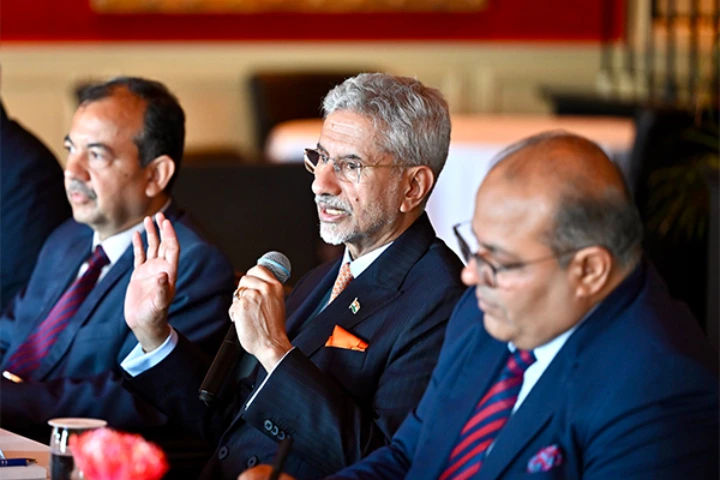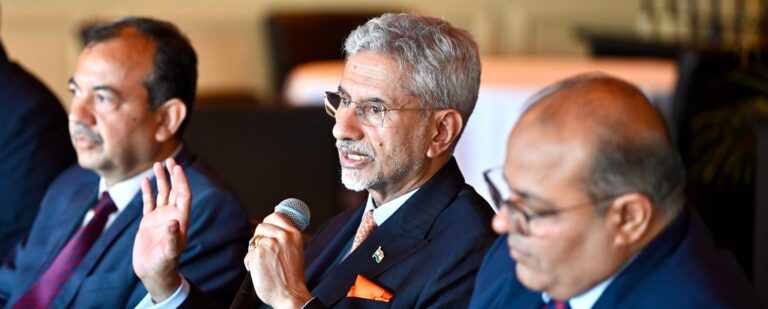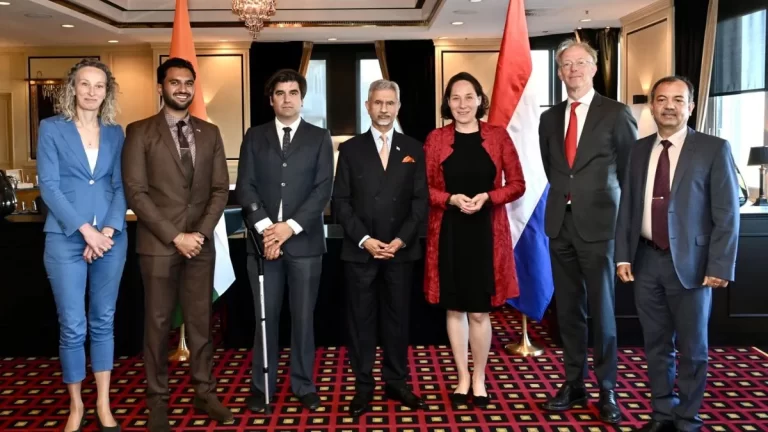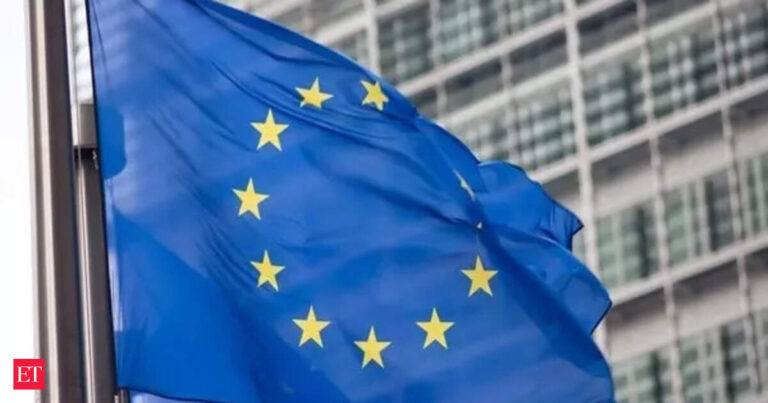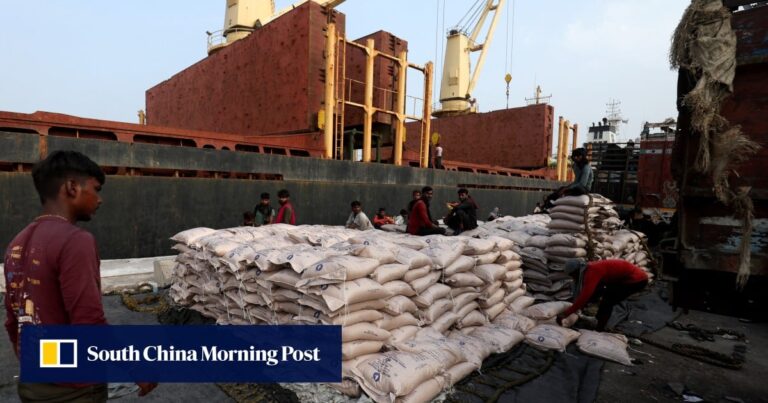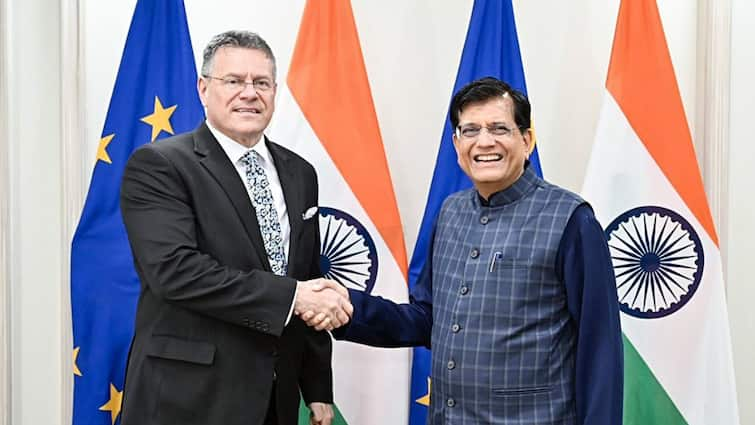
The new EU management team all agrees that relations with India should be a priority, and the two parties are to be won by deepening cooperation. Great power renewed competition should give the relationship a new momentum.
India is clearly on the agenda of the new EU team. The announcement of Ursula von der Leyen on January 21 that the first trip of his new mandate would be for India, accompanied by the complete college of the commissioners, is based on his declaration in 2022 according to which the relationship with India was one of the “most important of the Union for the next decade”. This was taken up earlier this month by the president of the European Council, António Costa, when he described India as one of the main global EU partners and said that it was time to stimulate relationships and “engage in a new strategic program”. In addition, in his confirmation audience, the EU, an EU representative for foreign affairs and security policy, Kaja Kallas told the European Parliament that EU relations with India had “so much unexplored potential”.
But despite the warm rhetoric, the EU-Indian relationship is currently much thinner than it could be. India considered the EU as a commercial block rather than a political player, and has focused on the development of bilateral relations with the member states, while senior EU officials, speaking in private, have recognized that “Europe knows too much about India”. In 2018, the EU published an embryonic strategy, “elements for an EU strategy on India”. However, this did not have the strategic clarity of joint communication of the EU 2019 on China, with its triptych of “partner, competitor, systemic rival”, and the call of the commission to a more joined European approach remains unanswered. EU-India relations are currently governed by a “roadmap” which, although wide, contains little operation and should be renegotiated in 2025. The shared concerns concerning dependencies with regard to China and an increasingly polarized world should however push the two parties to try to overcome obstacles to narrower cooperation.
Europe and India have a common interest in maintaining a balance of powers in an Indo-Pacific region increasingly shaped by China. The EU pays more attention to the region, which leads to the launch of European strategies on the connection of Europe and Asia and on Indo-Pacific more generally. The ambitious interior of India of sustainable modernization and development contributes to several of the foreign economic priorities in Europe, and the EU and India seek to reduce their dependencies with regard to China in areas such as critical minerals. India could play a role by helping Europe to detect and diversify the supply chains, in accordance with the call in the Draghi report for a European foreign economic policy. These clearly convergent interests could overcome potential differences on the aspects of trade and foreign policy.
About the author
Anunita Chandrasekar is the Clara Marina O’Donnell FELLOW (2024-25) at the Center for European Reform.
